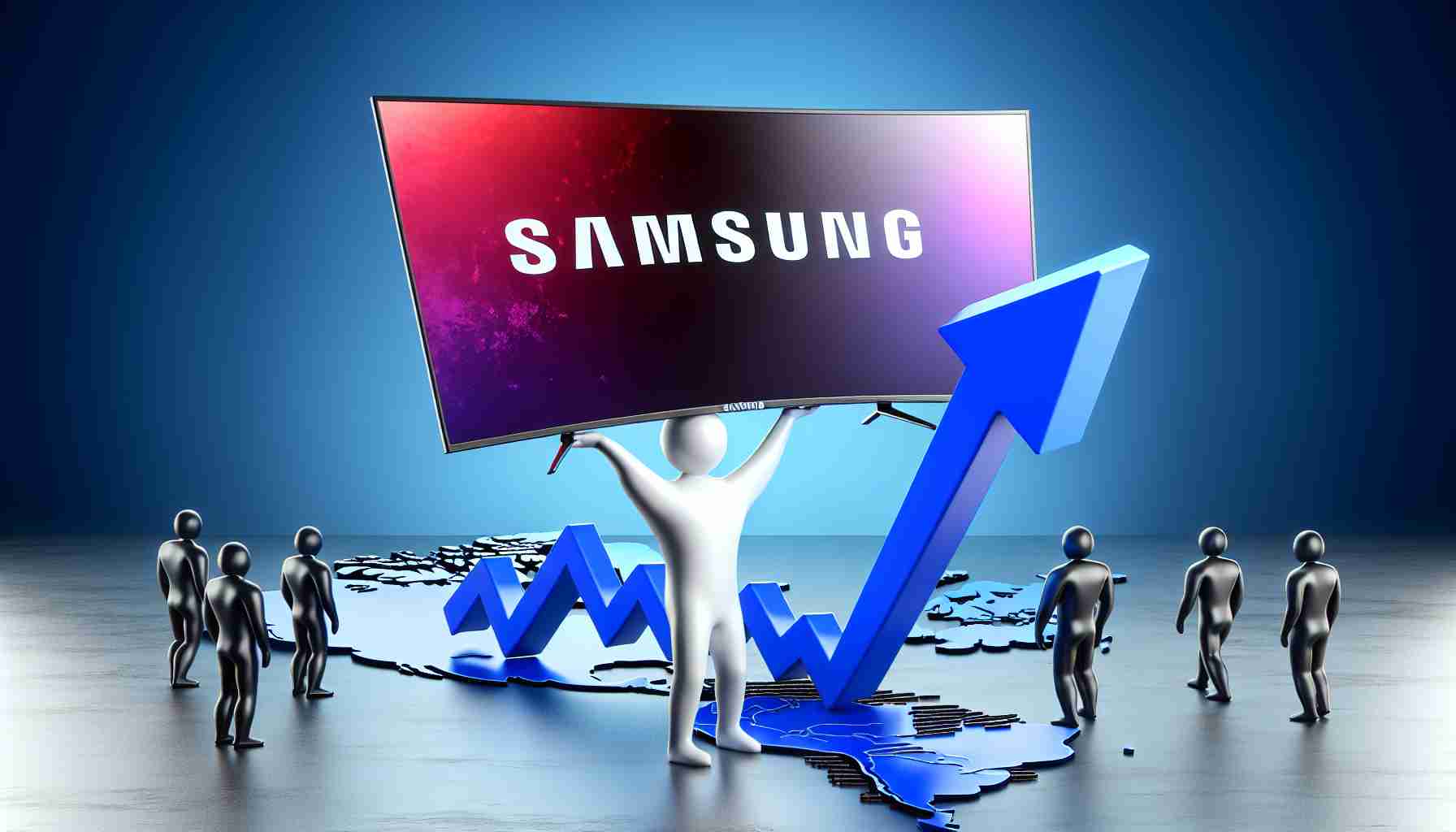Samsung Advances in LATAM’s Connected TV Landscape
Pixalate, the sophisticated ad analytics company focused on CTV and Mobile Advertising compliance and fraud protection, has recently unveiled insights from its Q1 2024 LATAM CTV Device Market Share Report. The data, encompassing nearly 6 billion open programmatic advertising impressions, reveals a dynamic shift in the Connected TV device market.
Significantly, Samsung Smart TV has ascended to the second spot with an impressive 35% share of voice (SOV) in the region, marking a notable year-over-year proliferation of more than double its previous stake. This leap represents a soaring increase of 121% from the first quarter of the preceding year.
Concurrently, LG’s presence in the Latin American market experienced a steep decline, with its market share plummeting by 69% compared to the same timeframe in the prior year, placing LG in fourth place at just 5% SOV. Roku continues to maintain its dominance as the market leader with a 39% SOV, and Amazon Fire TV trails behind Samsung as the third most prevalent CTV device with a 7% SOV.
The report, which includes similar market analyses for global regions, including North America and EMEA, is part of Pixalate’s ongoing efforts to equip the digital media industry with actionable data. Pixalate’s research methodology involved an extensive review of tens of thousands of CTV apps, including those no longer available on app stores.
As a recognized authority in digital advertising analytics, Pixalate’s findings offer an essential barometer of market trends and device penetration which could influence strategic decisions within the advertising and media sectors.
Importance of Samsung’s Gain in Latin American Smart TV Market
The rise of Samsung Smart TV in the Latin American Connected TV (CTV) market is of key significance for a number of reasons. Firstly, the doubling of Samsung’s share signifies a rapidly changing consumer preference or successful marketing strategies by Samsung in the region. Furthermore, the increase in Smart TV adoption can influence content providers, app developers, and advertisers to prioritize the Samsung ecosystem when considering new app launches or advertising campaigns.
Questions and Answers
What are the implications of Samsung’s market share increase?
Samsung’s growing market share can lead to more investment in region-specific content and apps, increased competition in the smart TV space, and potentially more advertising dollars being spent on Samsung’s platform.
Why did LG’s market share decline so steeply?
The decline in LG’s share could be attributed to several factors, including aggressive pricing strategies by competitors, possibly inferior product features or marketing when compared to Samsung and Roku, or shifts in consumer brand loyalty. The report doesn’t specify the reason, which could be crucial for LG to identify and address to regain lost ground.
Challenges and Controversies
Among the challenges in the smart TV market is the intense competition, not just from other TV manufacturers but also from external CTV devices like Roku and Amazon Fire TV. Such devices can often be used with non-smart TVs, expanding their reach. Another challenge is staying technologically ahead with rapid innovation in the spaces of user experience, app ecosystems, and smart home integration.
A potential controversy could involve the accuracy of data measurement regarding market share and usage. As Pixalate is reliant on advertising impressions, the report’s insights might not encompass all aspects of market dynamics like direct consumer sales or overall user engagement.
Advantages and Disadvantages
Advantages of Samsung’s ascension include increased innovation as competition heats up, greater choice for consumers as Samsung invests in its product lineup, and more attention from app and content providers to the Samsung platform. A potential disadvantage of one company gaining too much influence could be a decrease in market competition, potentially leading to higher prices and less incentive to innovate if market dominance becomes too pronounced.
Related links for further research could include official websites of the companies mentioned or market research firms:
– Samsung Official Site
– Lg Official Site
– Roku Official Site
– Amazon Official Site
